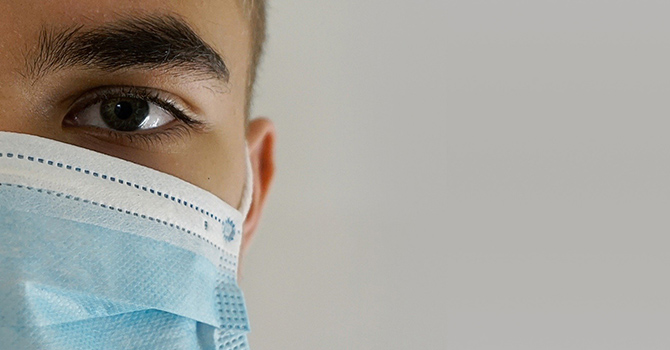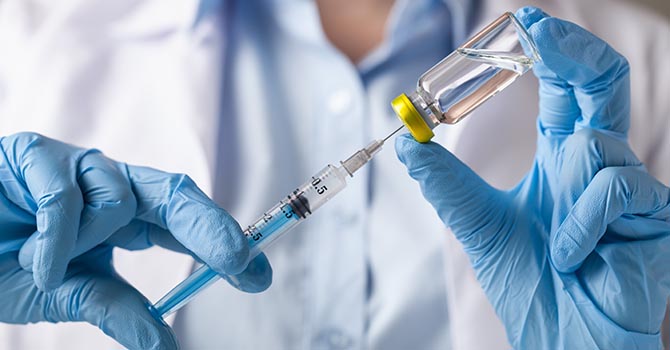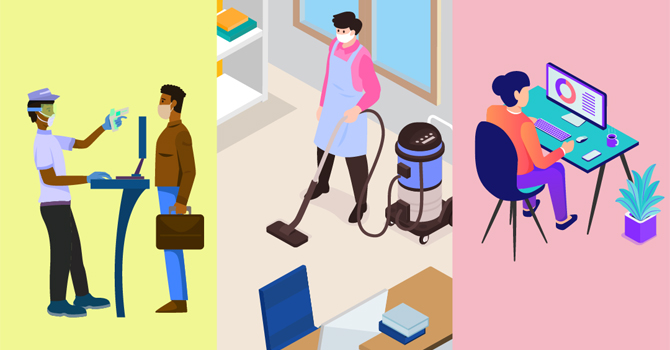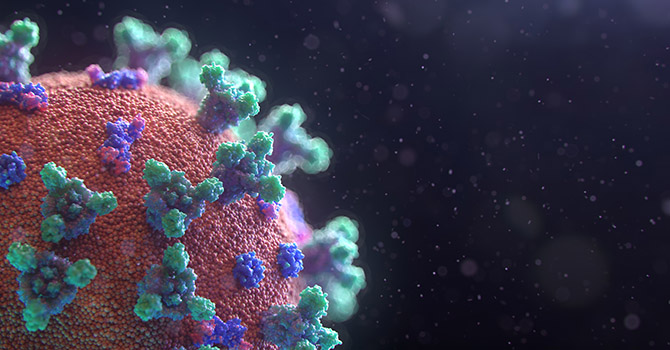
How to Address the Coronavirus's Outsized Toll on People of Color
Enrique Neblett featured in Nature
US scientists say that better data, testing and hospital preparedness are key to erasing inequalities — and to defeating the pandemic overall.

US scientists say that better data, testing and hospital preparedness are key to erasing inequalities — and to defeating the pandemic overall.

Riana Anderson, assistant professor of Health Behavior and Health Education discusses how COVID-19 and recent racially charged events are affecting the mental health of African Americans during this time.

Businesses across the nation are preparing to start reopening their workplaces. Rick Neitzel, an expert on occupational and environmental health at the University of Michigan's School of Public Health, outlines five steps that employers and employees can take together to return to work in the safest manner possible.

The scientific community agrees that a vaccine is essential to resuming anything resembling normal life. But on a societal level, vaccines only work if they’re widely adopted. Abram Wagner, research assistant professor of Epidemiology, explains.

As the US slowly reopens the economy, a variety of new safety measures will be needed to ensure worker safety, from engineering and administrative interventions for entire facilities down to personal protective equipment. These measures are not meant to hinder economic recovery but rather to reduce the incidence and prevalence of infectious disease to protect American workers and their families.

The Michigan Institute for Data Science announced seven interdisciplinary teams, chosen from 49 submissions, will receive funding of up to $30,000 for COVID-19 research. Several of the projects chosen are from researchers at the University of Michigan School of Public Health.